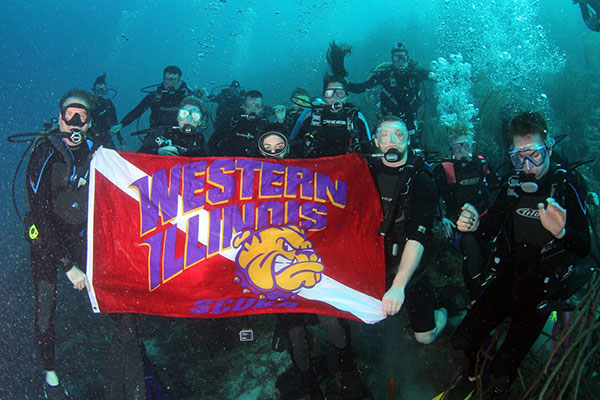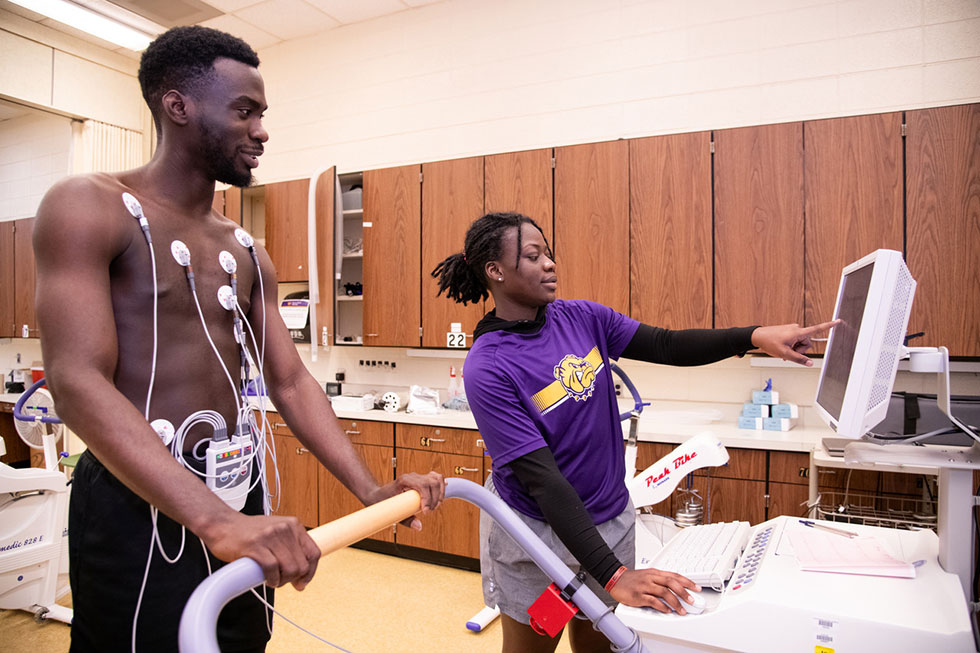Undergraduate DegreeS
Bachelor of Science
- Exercise Science
- Nutrition & Dietetics
- Nutrition & Food Services Management
- Health Services Management
- Public Health
Degree Benefits
- Students in Exercise Science receive preparation for either the International Universities Strength and Conditioning Association certification, the National Strength and Conditioning Association certification, or the American College of Sports Medicine certification.
- Students in Nutrition develop a wide range of skills for various nutrition-based career fields, and a path for becoming a certified nutritionist.





 WIU Kinesiology
WIU Kinesiology WIU Kinesiology
WIU Kinesiology WIU Kinesiology
WIU Kinesiology
Connect with us: